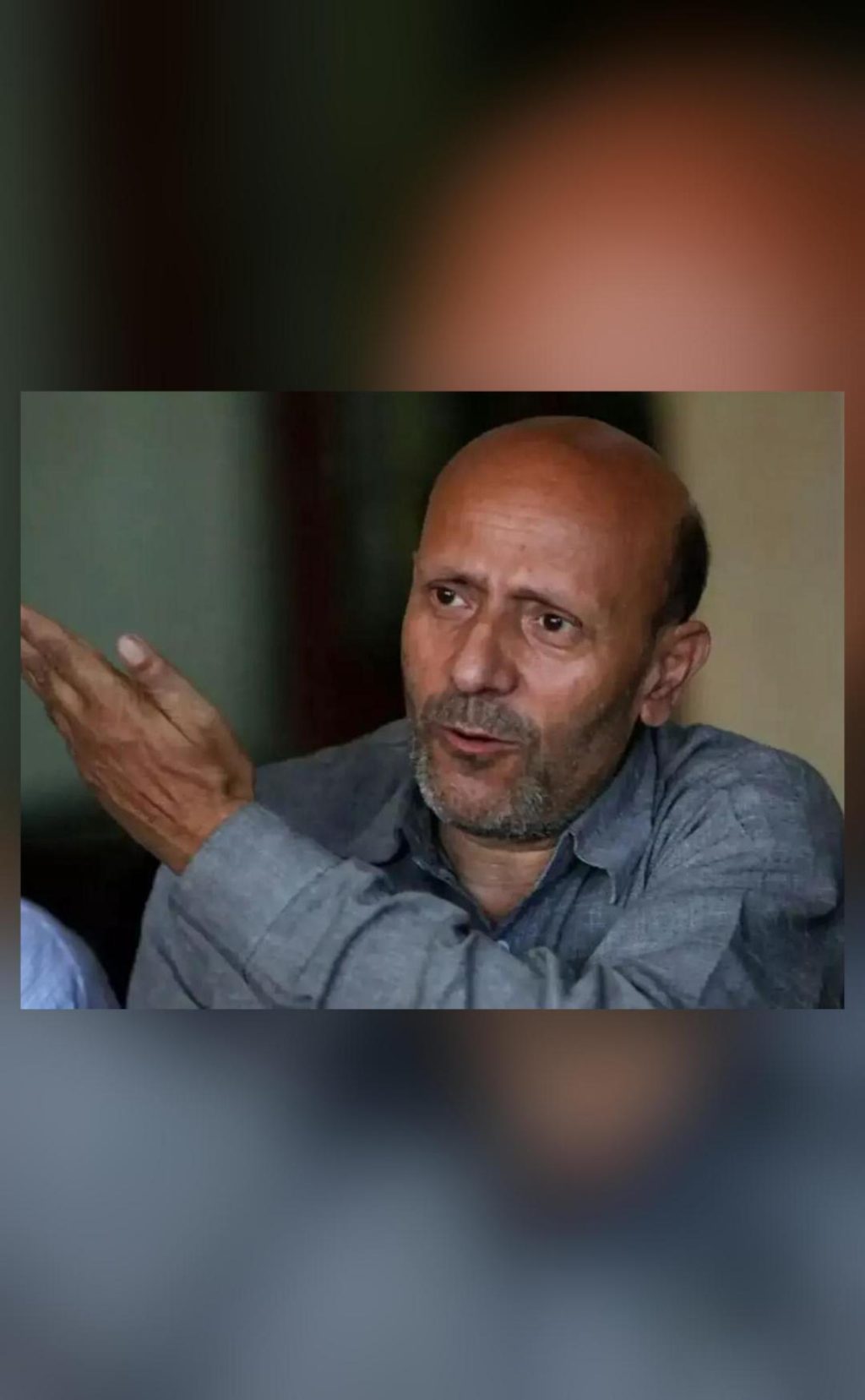
Jailed J&K MP Engineer Rashid gets parole to attend Parliament
In a significant development, the Delhi High Court has granted two-day custody parole to jailed Baramulla MP Engineer Rashid to attend the ongoing budget session of Parliament. The court has imposed certain conditions on Rashid, including a ban on using phones, the internet, and speaking to the media or anyone else during his parole period.
Engineer Rashid, a member of the Jammu and Kashmir Peoples Democratic Party (PDP), has been in Tihar Jail since March 2020, awaiting trial in a terror funding case. Despite being in jail, Rashid has continued to be an active voice in the Kashmir valley, often speaking out on issues related to the region.
The court’s decision to grant Rashid parole comes at a time when the budget session of Parliament is underway, and the government is presenting its budget for the year. Rashid’s presence in the House is expected to be significant, given his experience and knowledge of the Kashmir region.
Rashid’s parole was granted on the condition that he would be escorted by police at all times during his two-day stay in Delhi. The court also imposed a ban on him using phones, the internet, and speaking to the media or anyone else during his parole period. This is a significant restriction, given Rashid’s reputation as a vocal and outspoken parliamentarian.
The court’s decision to grant Rashid parole has been met with mixed reactions. While some see it as a step towards upholding the democratic process and ensuring that Rashid can fulfill his duties as a parliamentarian, others have raised concerns about the security implications of allowing a jailed terrorist to attend Parliament.
Rashid’s lawyer, Advocate Kamini Jaiswal, has said that the court’s decision is a positive step towards upholding the democratic process and ensuring that Rashid can fulfill his duties as a parliamentarian. “The court has recognized the importance of Rashid’s presence in the House, and we are grateful for the opportunity,” she said.
However, the government has expressed reservations about granting Rashid parole. “The government is concerned about the security implications of allowing a jailed terrorist to attend Parliament,” said a government official. “We are also concerned about the precedent that this sets, and the potential risks to national security.”
Despite these concerns, the court has made it clear that Rashid will be escorted by police at all times during his two-day stay in Delhi. The court has also imposed a ban on him using phones, the internet, and speaking to the media or anyone else during his parole period.
Rashid’s parole is a significant development in the ongoing budget session of Parliament, and is likely to have a major impact on the proceedings. As a parliamentarian, Rashid has a unique perspective on the issues facing the Kashmir region, and his presence in the House is expected to be significant.
In conclusion, the Delhi High Court’s decision to grant Engineer Rashid a two-day custody parole to attend the ongoing budget session of Parliament is a significant development. While some may see it as a step towards upholding the democratic process, others have raised concerns about the security implications of allowing a jailed terrorist to attend Parliament. Regardless, Rashid’s presence in the House is expected to be significant, and will likely have a major impact on the proceedings.






